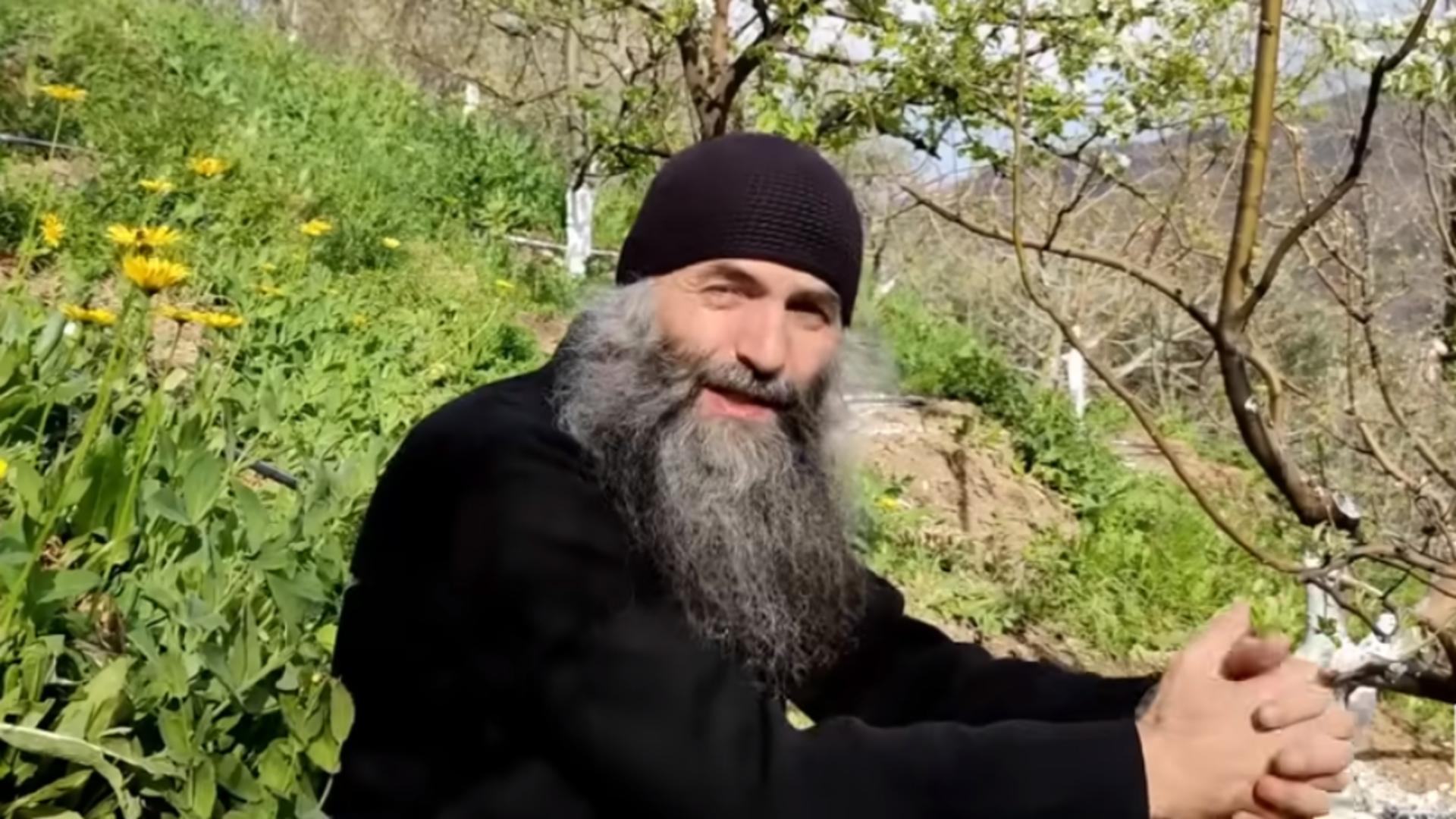Maybe ShotSpotter isn’t living on borrowed time in Chicago after all.
Mayor Brandon Johnson in February agreed to a nine-month extension of the city’s contract with the company that owns the gunshot-detection technology on which Chicago police have relied for seven years to respond quickly to shootings. But he said at the time that the city would stop using ShotSpotter once the contract runs its course.
That was contrary to the recommendations of Johnson’s chosen police superintendent, Larry Snelling, and against the wishes of many aldermen representing wards that ShotSpotter serves.
Six weeks later, the mayor appears to have a serious City Council rebellion on his hands. The council’s Police and Fire Committee Monday approved a proposal introduced by Ald. David Moore, 17th, that would allow ShotSpotter usage to continue in wards whose aldermen want it after the contract expires.
Judging by Monday’s committee hearing on the proposed measure, most aldermen who have the technology in their wards want to keep it. ShotSpotter isn’t in use citywide. It’s deployed in 15 of 25 police districts — typically those most afflicted by gun violence. Ironically, much of the opposition to ShotSpotter comes from aldermen representing wards it doesn’t affect.
So Johnson now faces yet another political problem born of his proclivity since taking office in May to act in the face of intense opposition seemingly because the action item was something he promised on the campaign trail. Candidate Johnson did indeed pledge to end ShotSpotter, arguing that it was an ineffective crime-fighting tool and it encouraged over-policing of majority Black and brown neighborhoods in Chicago.
When the contract came due, though, he acceded at the eleventh hour to the wishes of his police chief and negotiated an extension lasting until after the Democratic National Convention in August. But he was unequivocal about what would happen afterward.
“This is a done deal,” he said in February. “I’ve canceled ShotSpotter.”
Moore wasn’t having it. He quickly introduced the proposed ordinance. The measure now is set for full council consideration, potentially later this month, after flying through the Police and Fire Committee.
Moore made the salient point Monday, echoed by a few of his colleagues, that if Johnson deemed ShotSpotter critical to keeping out-of-towners safe during the upcoming political convention, why wouldn’t he do the same for residents of the city? “It either works or it doesn’t,” Moore said. “If it’s working for the DNC, then it needs to work for the constituents here in the city of Chicago.”
Johnson held a brief news gathering Monday following an unrelated event and wouldn’t respond to questions about the council’s ShotSpotter legislation. On Friday, the mayor’s office told Block Club that public safety “cannot be effectively managed on a ward-by-ward basis.”
A politically weakened mayor, stung by the loss of his prized Bring Chicago Home referendum to hike real estate taxes for homelessness funding, isn’t in a good position simply to tell aldermen to take a hike, though. The effort to restore ShotSpotter shows just how little fear Johnson strikes in the hearts of council members. If there’s a majority that wants to keep ShotSpotter, he’ll be hard-pressed to stick to his “done deal” position.
This page is in qualified support of continuing with the technology, which police say is critical to responding to the scene when shots are fired. Opponents have cited statistics and reports concluding that the technology does little to prevent or solve crimes. But even some opponents are warming to the idea that ShotSpotter can save lives, by enabling rapid response to gunshot victims whose survival can depend on how quickly treatment is provided.
Related Articles
David Greising: ShotSpotter missteps could be turned to the city’s advantage
Moore’s proposal also provides for monthly reporting by Chicago police (or potentially the city’s inspector general) of statistics that policymakers on both sides of the issue are craving. For example, in at least 75% of police responses to gunshots, ShotSpotter provides the department its first alert, according to Noé Flores, assistant director of the Chicago Police Department’s strategic initiatives division. In 60% of ShotSpotter notifications of shots, there’s no accompanying 911 call made at all, he told aldermen at the hearing.
More data absolutely would be helpful to focusing this debate. ShotSpotter isn’t cheap. It costs about $9 million annually — or at least it has to date. But, if lack of data is the problem, Johnson didn’t have the data either when he unilaterally opted to end the ShotSpotter relationship.
ShotSpotter is just the latest of several mayoral decisions that not only are being second-guessed but also are prompting action to overturn them by those in power to do so. In Springfield, there are efforts to bar Johnson’s hand-picked Chicago Board of Education from making changes to selective-enrollment schools for essentially the duration of his term, as well as to reverse the school board’s move with Johnson’s support to remove all Chicago cops from public high schools even if Local School Councils for those institutions disagree.
When a mayor is as unpopular and politically weak as Johnson is, he doesn’t get the benefit of the doubt, even if he can say that he’s simply fulfilling promises he made during the campaign. Campaigning and governing are different.
Keen observers of Chicago politics have noted for decades the irony that Chicago’s governmental system by charter confers a lot of power on the local legislature and relatively little on the executive. Both Mayor Daleys exerted such dominance over the council that public awareness of the fundamental setup was scant outside of political junkies.
Certainly, Johnson by now is aware of the relatively weak powers of his office. And the city at large is catching on as well. It will be up to the mayor to adjust. ShotSpotter is only the latest example of how he needs to shelve his habit of ruling by fiat and work harder to foster consensus around issues — such as public safety — that concern all of Chicago.



